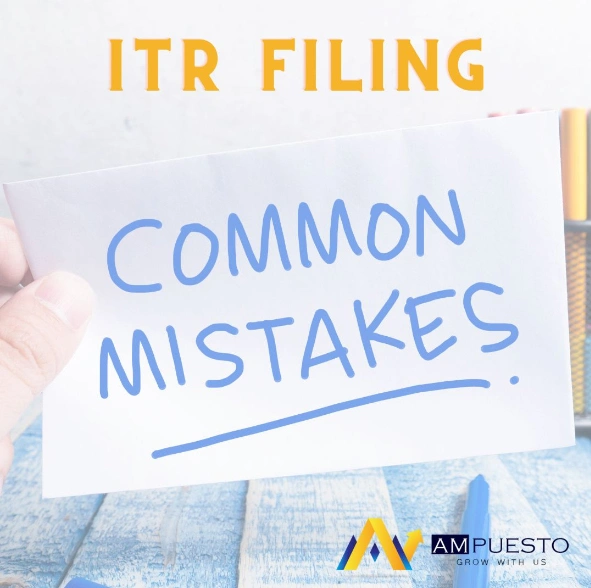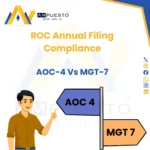As an Indian taxpayer, it is important to file your income tax return (ITR) accurately and in a timely manner to avoid any penalties or legal issues. While filing your ITR, there are certain things that you should avoid to ensure that your return is error-free and reflects your true income and deductions. In this article, we will discuss some points that Indian taxpayers should avoid while filing their tax returns.
1. Failing to disclose all sources of income
One of the most common mistakes that taxpayers make while filing their ITR is not reporting all of their sources of income. This includes income from salary, interest from a saving account, interest on Fixed Deposits, Dividends, Rental Income, Capital Gains from the sale of Shares or Mutual Funds, Income from Freelancing, Business Income, Gain arising from the Sale of Property/Land and any other sources of income. It is important to report all sources of income as failing to do so can lead to penalties and legal issues.
2. Not e-verifying the Income Tax Return
After filing the ITR, it is important to verify it to complete the process. There are several ways to verify the ITR, such as by generating an electronic verification code (EVC), sending a physical copy of the ITR-V to the income tax department, using Aadhaar-based OTP authentication, and pre-validation of the Bank Account. Not verifying the ITR can result in the return being considered invalid and penalties/Notices being imposed.
3. Not keeping proper records
Another common mistake that taxpayers make is not keeping proper records of their income and expenses throughout the year. It is important to keep track of all income received and expenses incurred, including receipts, bills, and other relevant documents in case of Business ITR, deductions or savings in Salary ITR, and details of Capital Gain in case of Capital Gain ITR. This will help you to file an accurate ITR and avoid any penalties or legal issues.
4. Failing to claim deductions
Indian taxpayers are eligible for various deductions and exemptions under the Income Tax Act, such as deductions for investments made in certain schemes(Section 80C), donations to charitable organizations(Section 80G), and expenses incurred on medical treatment(Section 80D). Failing to claim these deductions can result in paying more taxes than necessary. So keeping a record of all the transactions that happened during the year is advisable.
5. Not reporting foreign income and assets
If you have any foreign income, such as income earned from a job or business in a foreign country or any assets held in your name in any country, it is important to report or disclose it in your ITR Filing. Failure to do so can lead to penalties and legal issues.
6. Not filing the ITR on time
Filing the ITR on time is crucial to avoid penalties and interest. The due date for filing ITR is usually July 31st of every year for non-audit cases and 30th Sep for Audit cases, but it may vary depending on the type of taxpayer and the sources of income. It is important to check the due date and file the ITR on or before the due date to avoid losing any claims, refunds, or losses carry forward.
7. Not matching with 26AS, AIS, and TIS
Form 26AS is a statement that contains all the tax credits that have been deposited into your account by your employer, bank, or other sources and the advance tax paid by you during the year. Before filing your ITR, it is important to verify your Form 26AS to ensure that all the tax credits have been accurately credited to your account.
Annual Information Statement (AIS) and Tax Information Summary (TIS) are statements that contain significant summaries of Tax Payer information that happened during the year and overall transactions. Not matching your ITR with AIS, TIS can lead to notices and penalties.
8. Not paying advance tax
If you expect your tax liability to be more than Rs. 10,000 for the financial year after deducting Tax Deducted at Source, it is mandatory to pay advance tax in installments as prescribed in Income Tax Act in the financial year in which that income is earned. Failure to do so can result in interest that can increase your tax liability by a significant amount.
9. Not responding to notices received from Income Tax Department
If you receive a notice from the tax department, it is important to respond to it promptly. Failure to do so can lead to legal consequences and penalties.
10. Not consulting a tax professional
If you are unsure about how to file your ITR or have complex tax issues, it is advisable to consult a tax professional. A tax professional can help you with Income Tax E-Filing with proper due diligence and avoid any penalties or legal issues.
In conclusion, filing your ITR correctly and on time is crucial as a taxpayer. By avoiding these common mistakes, you can ensure that your tax filing is accurate and hassle-free. It is always advisable to seek the help of a tax professional if you are unsure about any aspect of tax filing.
Contact AMpuesto for hassle-free Income Tax E-Filing Experience with proper guidance and full-year support.









